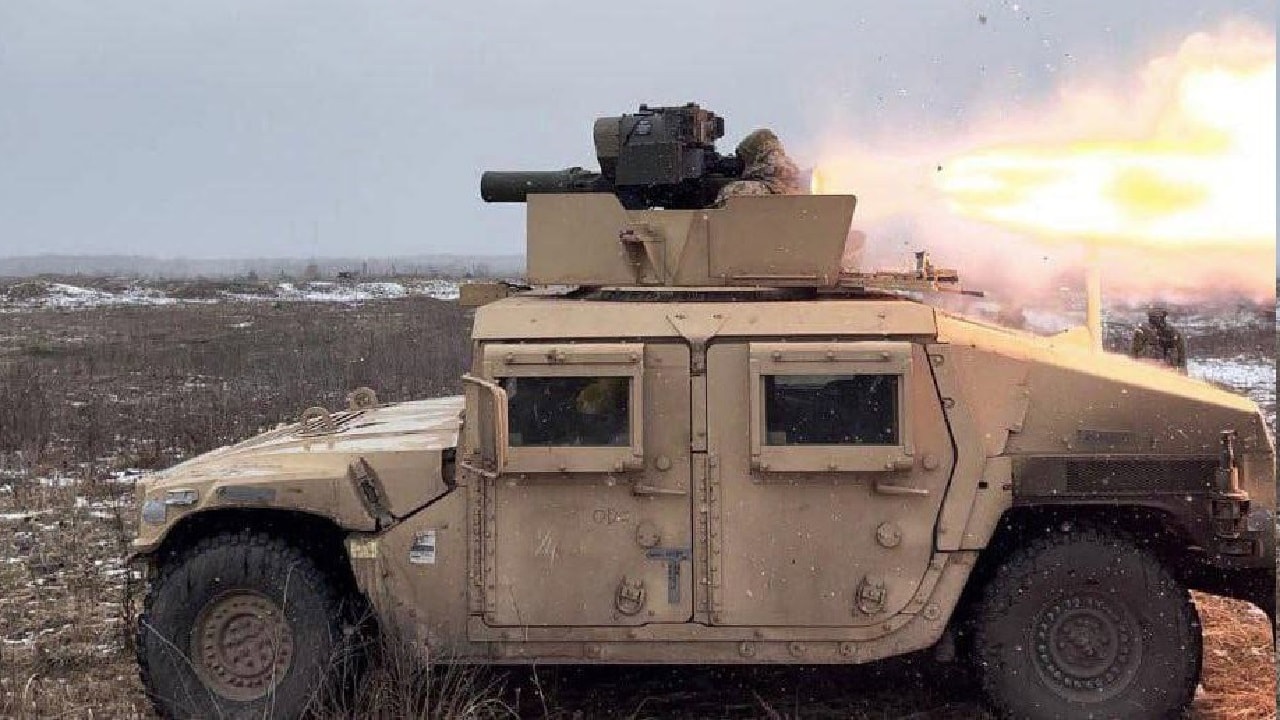The ongoing Battle of Bakhmut in the Donbas region of Eastern Ukraine has increasingly evoked comparisons to the now infamous Battle of Stalingrad, fought during the Second World War.
Now it appears that such an assessment could be even more apt, as the current engagement could also be a turning point – one where the invader fought desperately to gain a symbolic as much as a strategic victory, only to face encirclement. Stalingrad marked the beginning of the end for Nazi Germany in World War II, as the battle was a victory for the Soviet Red Army.
There is now the possibility that the Russian Army could go down in defeat at Bakhmut, and much like the Germans, it may not be able to recover. Of course, it is too early to actually declare victory – but the Kremlin’s forces had reportedly begun to withdraw after taking heavy casualties.
On Friday, Ukrainian Deputy Defence Minister Hanna Malyar said Kyiv’s forces advanced two kilometers (1.2 miles) in just the past week. Russia continues to deny the gains; however, Malyar’s claims come just a day after Yevgeny Prigozhin, head of the Wagner mercenary group fighting for Moscow, accused regular Russian troops of abandoning positions in Bakhmut.
On Friday, Prigozhin called for Russian Minister of Defense Sergei Shoigu to come to Bakhmut to see the situation on the ground firsthand, warning that Ukraine’s expected counteroffensive could have already begun. The chief of the Wagner Group said that while it still controls 95 percent of the city, Ukraine undertook “successful counterattacks” on the flanks, which are controlled by the Russian Army.
Shoigu had last visited Bakhmut in March.
The First Casualty
At this point, it is known that fighting continues around Bakhmut, which had a pre-war population of more than 70,000. Nearly the entirety of the city has been razed to the ground and few if any of the civilian population remains. Much like Stalingrad, it is a city with greater symbolic than actual strategic value for each side.
That could explain why both sides continue to make bold claims about the state of their forces.
Via the Telegram social media app, Malyar wrote, “The enemy gives false information about the lack of weapons, probably aimed at justifying the real situation. And the real situation this week is that despite the presence of weapons the enemy failed to materialize their plans, the enemy suffered great losses of manpower, and our defenders advanced 2 kilometers in the direction of Bakhmut; we did not lose a single position in Bakhmut this week.”
Ukraine’s claims have been backed up by reports from Russian military bloggers, who have acknowledged that the Kremlin failed to capture the city ahead of a May 9 deadline – to coincide with Russia’s annual Victory Day celebrations, which includes military parades in Moscow and typically other Russian cities. Due to security concerns, and as likely due to a lack of men and equipment, the events were significantly scaled back this year.
The U.S.-based think tank, The Institute for the Study of War (ISW) has agreed with the assessment that Ukrainian forces had gained the 2 km of ground in Bakhmut. It may not be a significant amount of territory, but given the value – symbolic or otherwise – any ground lost by Russia should be seen as a huge deal, especially given the men it lost taking it.
MORE: Joe Biden Won’t Send F-16 Fighters to Ukraine
MORE: Why Putin Should Fear the F-16 Fighter
Author Experience and Expertise
A Senior Editor for 19FortyFive, Peter Suciu is a Michigan-based writer. He has contributed to more than four dozen magazines, newspapers, and websites with over 3,200 published pieces over a twenty-year career in journalism. He regularly writes about military hardware, firearms history, cybersecurity, politics, and international affairs. Peter is also a Contributing Writer for Forbes and Clearance Jobs. You can follow him on Twitter: @PeterSuciu.

